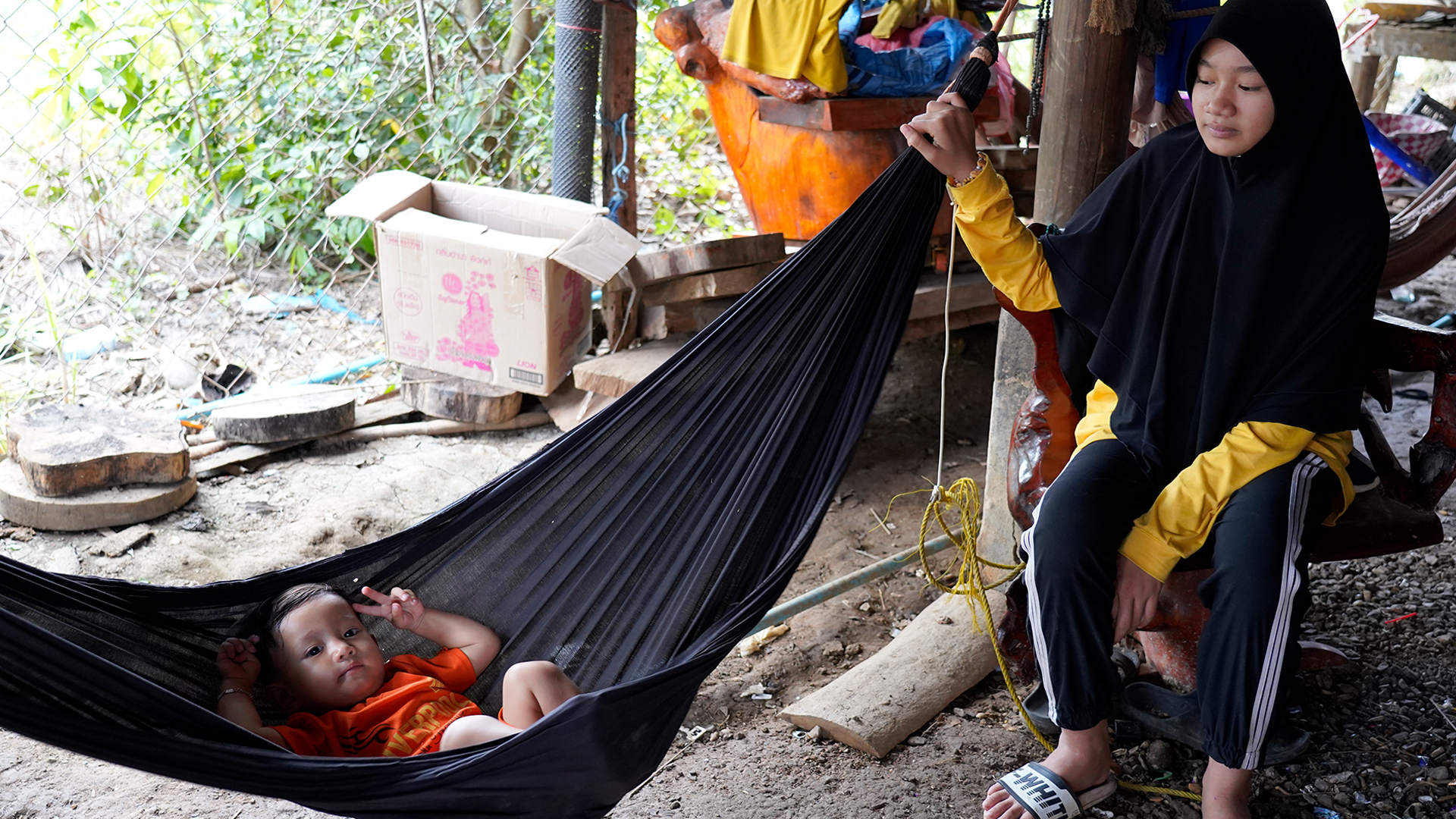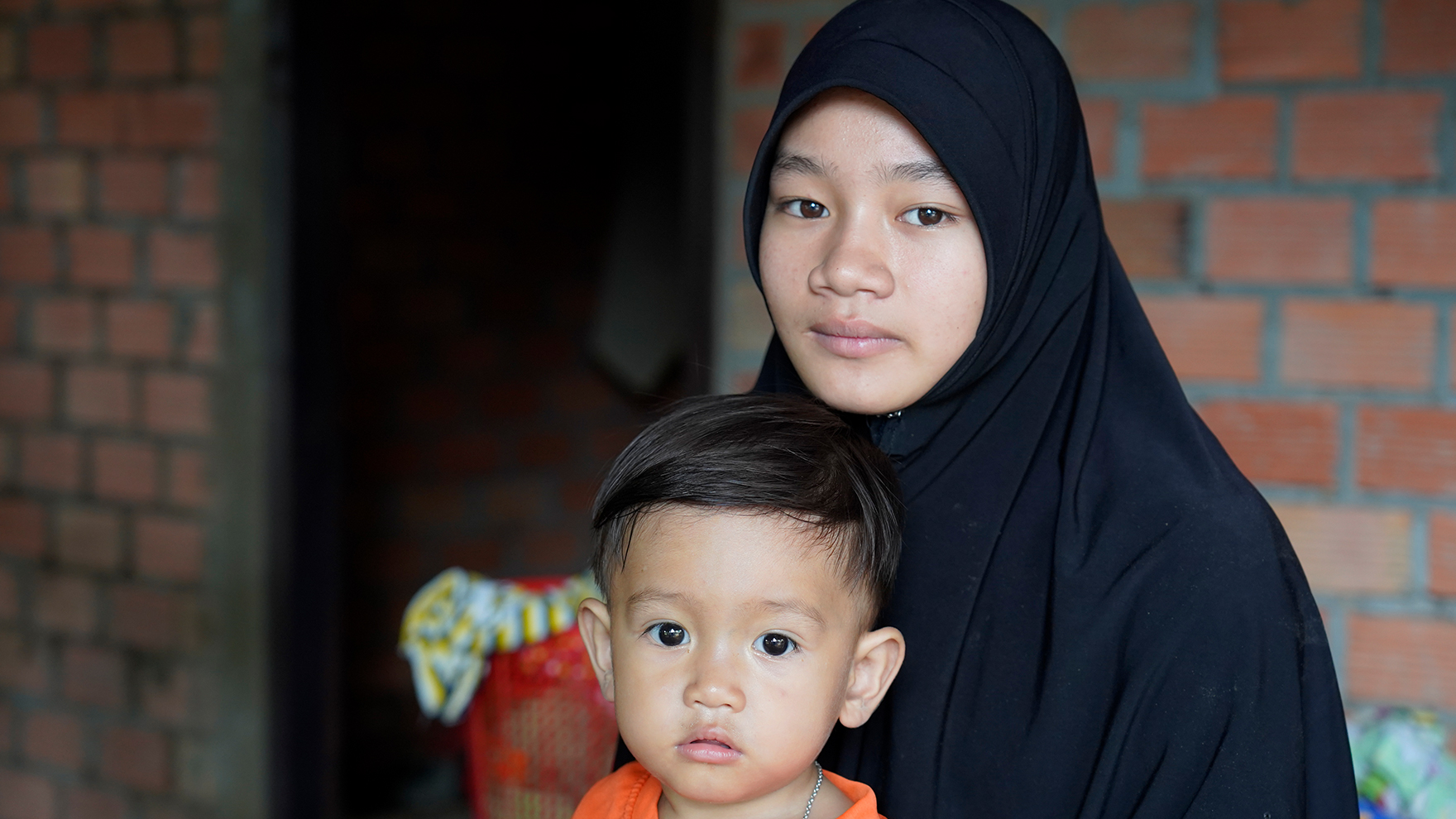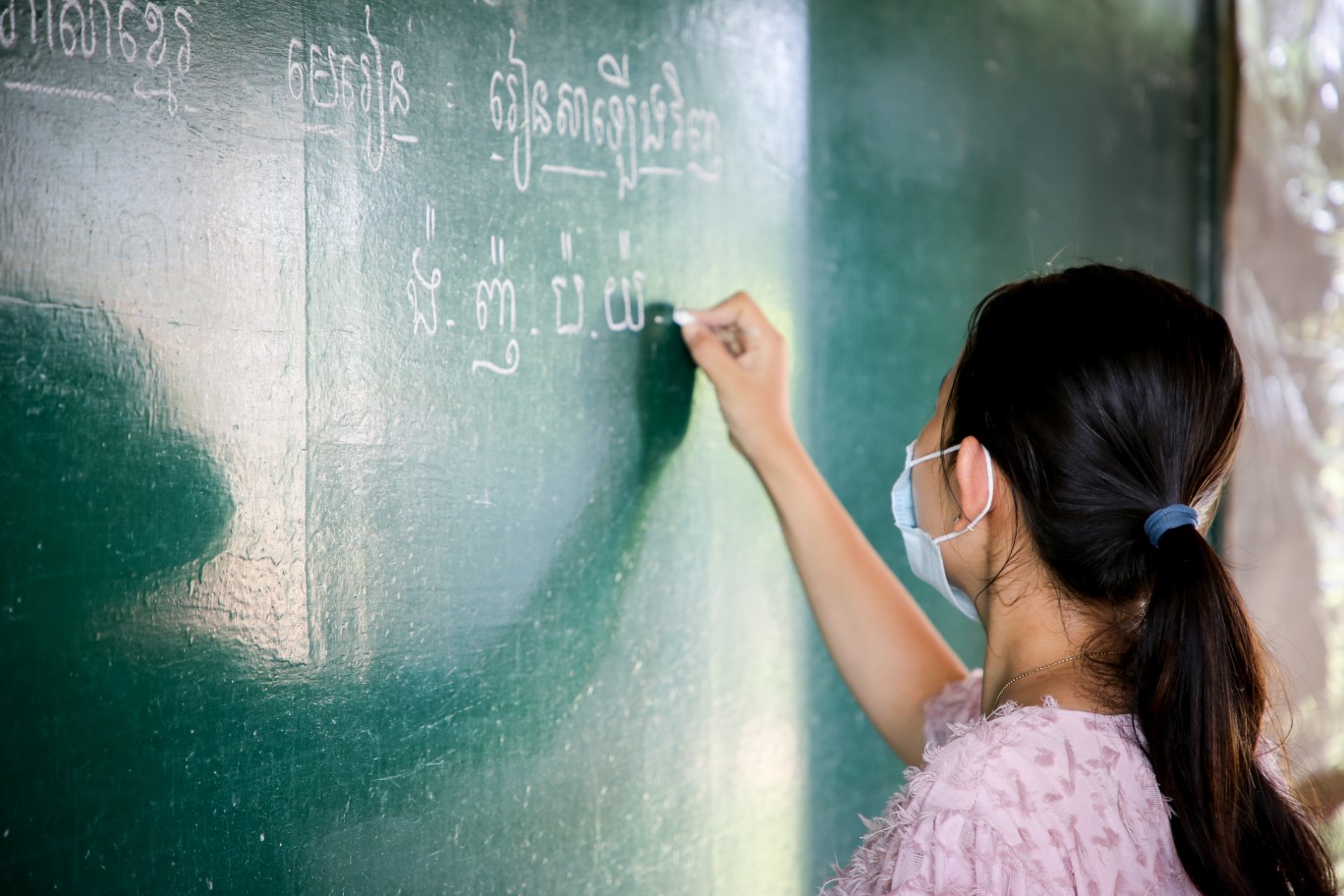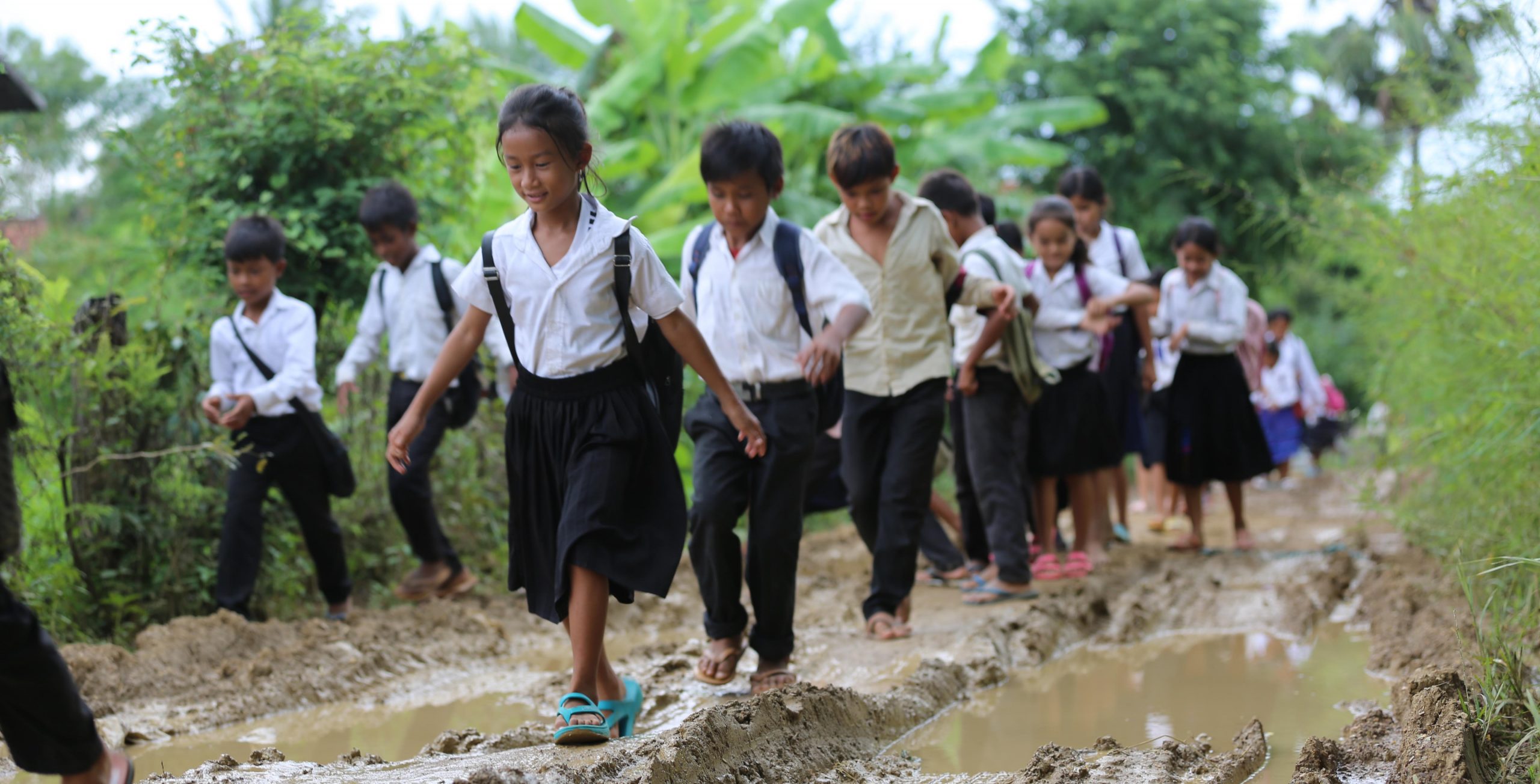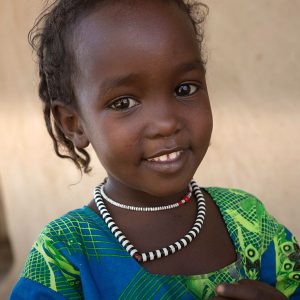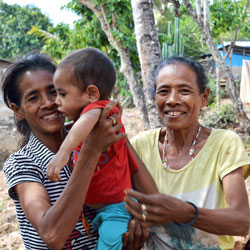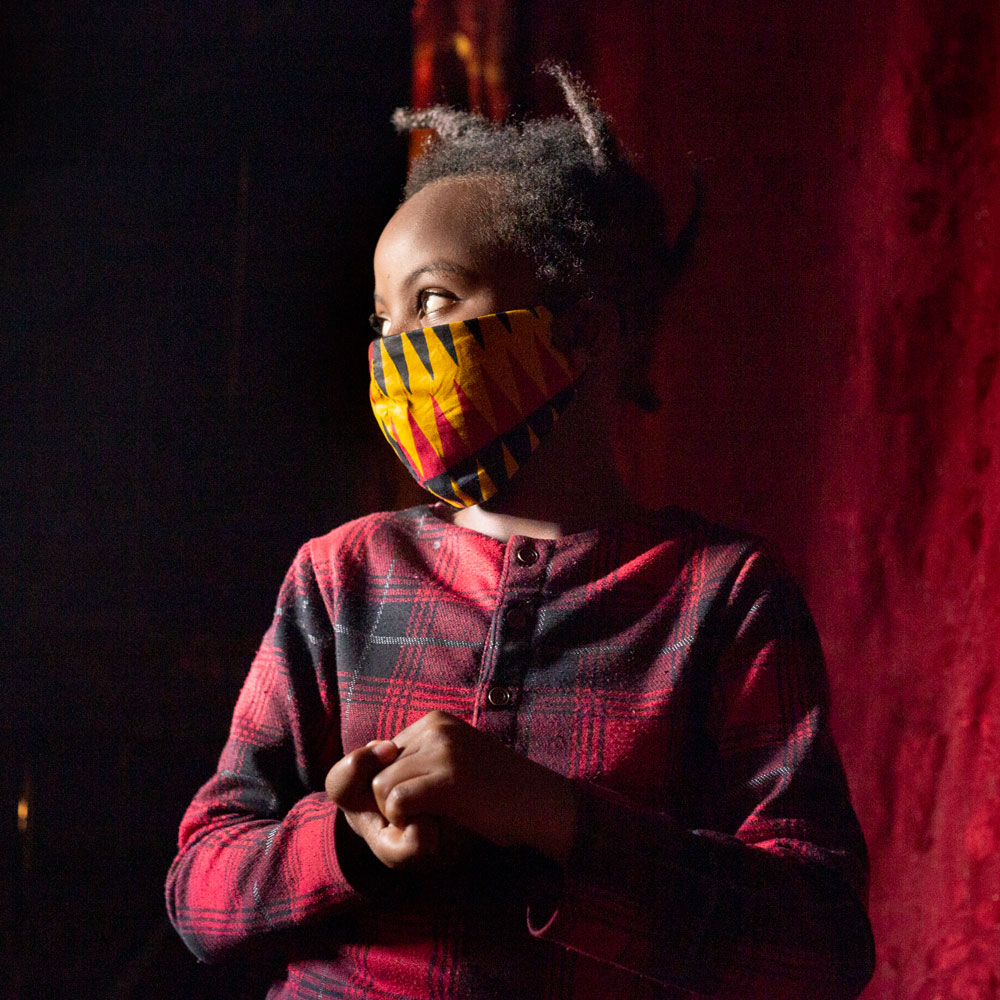Rosany’s education is at a critical point
The COVID-19 crisis is threatening the education of the world’s poorest girls. Many girls like 11-year-old Rosany (pictured above) are at a critical point in their education and face a real risk of never finishing school.
By ChildFund Australia
Almost every government in the world shut schools last year to contain the spread of coronavirus. In poor countries and hard-to-reach communities. where schools were already under-resourced and online learning was impossible, these closures have had a terrible impact.
On top of difficulties accessing education, the world’s poorest girls faced the challenge of finding enough time for independent learning at home. This is because they were expected to take on more unpaid work such as household chores and looking after younger siblings while they were not in school.
The impact of school closures
In Cambodia, schools were closed for almost the entire year.
This was devastating for girls like Rosany. She lives in a remote village and does not have access to the internet or television, which means she was unable to follow remote learning lessons.
A community classroom was set up under a tree in her village, but she found those lessons insufficient and is worried she has fallen behind.
There’s a very real risk that she will never return to school.
Eleven-year-old Rosany belongs to the Cham ethnic minority group in Cambodia and her parents rely on odd jobs for income. When the COVID-19 pandemic threatened Rosany’s community, her father struggled to find work and her mother had to work longer hours selling corn. This put even more pressure on the family.
Rosany is a promising student. She wants to be a teacher and, before the pandemic, she was doing well in school. But, like all her older siblings, she faces the risk of never finishing her education.
Girls from low-income families, who live in remote or rural locations, or who are of an ethnic minority group, are already vulnerable to dropping out of school. The impact of the COVID-19 pandemic on families is increasing this risk, especially for girls like Rosany who face multiple barriers to education.
Alisae is only 13, but may never return to school
Rosany’s 13-year-old sister, Alisae, stopped going to school last year. She had been helping to look after her one-year-old sibling while her parents, whose jobs had been impacted by the pandemic, looked for work.
Alisae tried to juggle school with her responsibilities at home, but found it too difficult. She stopped attending classes and does not think she will return. She desperately wants to help Rosany avoid the same fate.
“I miss going to school,” said Alisae. “I especially miss playing with my friends. I don’t want my younger sister to drop out of school.
“I want her to study higher than me.”
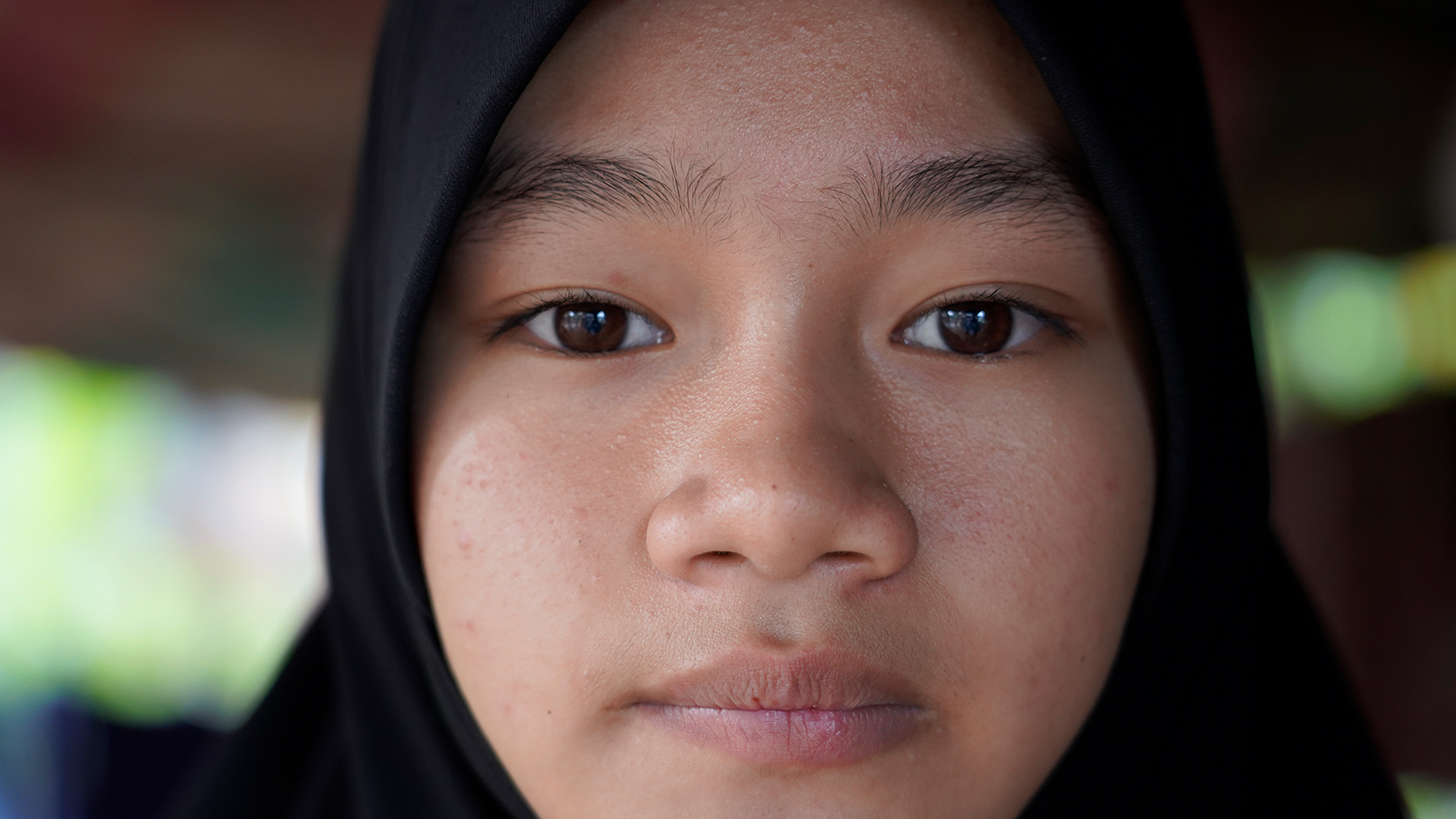
Helping girls stay in school during the pandemic
In order to encourage girls like Rosany to return to school. It is important that they know they are returning to a safe learning environment; a place where they feel comfortable.
ChildFund’s team in Cambodia is working with Cambodia’s provincial and national governments, local partners, girls, women, educators and community leaders to improve teaching standards and ensure schools meet the needs of their students.
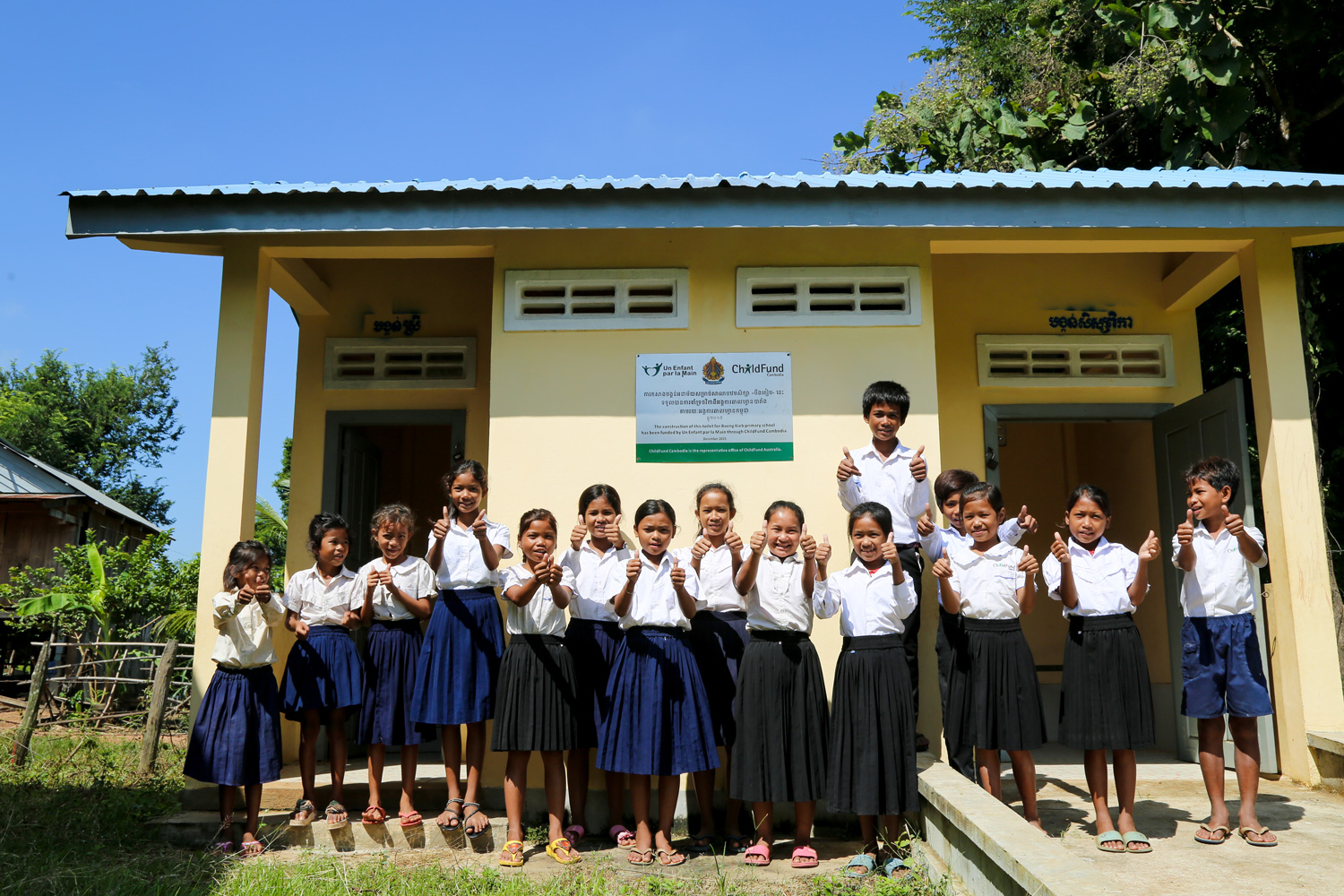
Workshops with parents, community members and local leaders ensure everyone understands the importance of girls’ education and works together to get girls back to school.
Our team in Cambodia will also work in partnership with communities to run Back to School campaigns where we will identify the most vulnerable girls, including girls who have not returned to school, so that we can help them return to the classroom.
These measures will encourage girls to return to school while helping to build a strong and supportive community around them to ensure they can stay on track through these challenges.
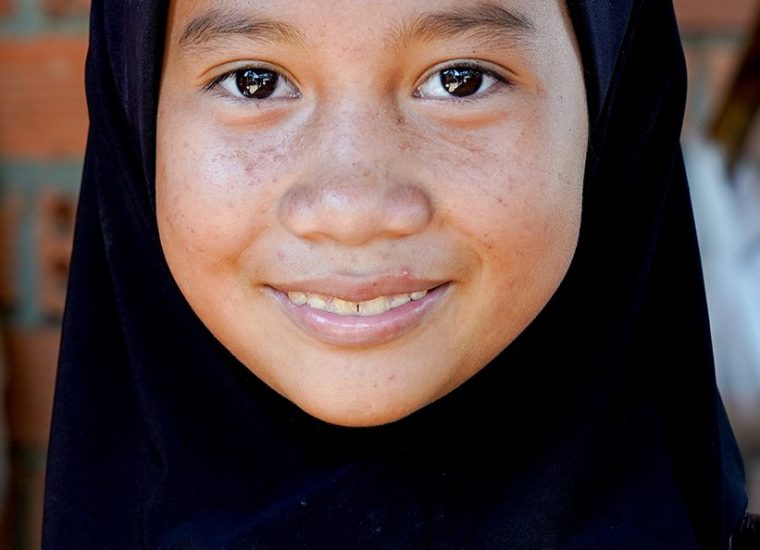
The COVID-19 crisis is threatening the education of the world’s poorest girls. Your gift today could help girls stay in school and reach their potential.


